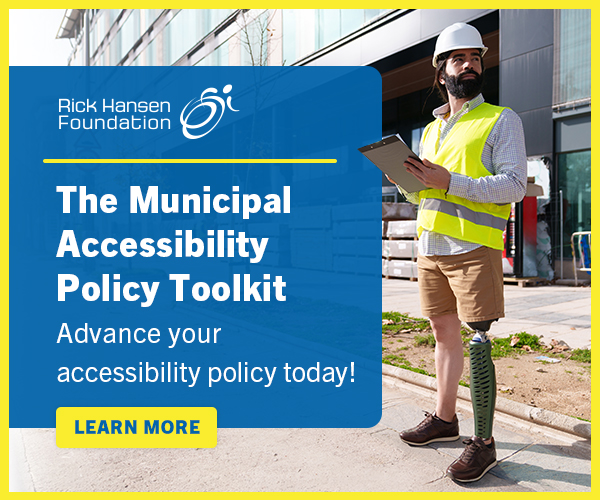BC Hydro has become the first Canadian utility to launch a real-world field test of vehicle-to-grid (V2G) technology using electric school buses, marking a major milestone in the province's clean energy innovation journey.
As more British Columbians adopt electric vehicles (EV) across homes and businesses, these vehicles represent a powerful and flexible energy resource. Through smart load management and bidirectional charging, EV batteries not only draw power from the grid, but also send electricity back - helping increase grid flexibility during peak demand and providing backup power during outages.
"This exciting pilot reaffirms British Columbia's leadership in clean energy innovation," said Adrian Dix, Minister of Energy and Climate Solutions. "V2G technology has the potential to transform how we manage electricity, making our system more resilient, efficient and sustainable for generations to come."
This pilot, in partnership with Lynch Bus Lines and Fuse Power Management builds on the successful lab-based V2G demonstration conducted in December 2023 at Powertech Labs, where one bus demonstrated the potential of bidirectional charging. Now, BC Hydro is taking the next step - bringing the technology into real-world conditions to explore how EVs can support the grid, deliver value to customers and reduce reliance on diesel generators.
An electric school bus battery can store up to 200 kilowatt hours of electricity - enough to power 75 single-family homes for nearly two hours.
"This project is a glimpse into the future of energy," said Charlotte Mitha, President and CEO of BC Hydro. "By exploring how mobile assets like EVs can be strategically deployed, we're unlocking new ways to strengthen the grid, improve resilience and deliver value to our customers and communities across B.C."
After completion of the pilot, Lynch Bus Lines will be able to use electric school buses for more than just transporting students safely to and from school. When not in use, the buses will act as mobile energy resources, providing backup power to buildings during outages, ensuring critical services remain operational. They will also help manage electricity demand during peak periods, reducing strain on the grid. This dual functionality demonstrates how electric vehicles can deliver both transportation and energy solutions, creating new opportunities for resilience and efficiency in BC Hydro's electricity system.
"As a family-owned business serving the Lower Mainland since 1985, we've always put innovation, safety and sustainability first," said Cory Lynch, Operations Manager at Lynch Bus Lines. "With V2G technology, our buses can support BC Hydro during peak demand, provide backup power, offset electrification costs and deliver cleaner air for our children and communities."
BC Hydro has committed $200,000 to fund the pilot, which includes technical workshops and reporting. Additional support includes $860,000 in funding from NorthX Climate Tech, $50,000 from PacifiCan through Foresight's BC Net Zero Innovation Network, electric buses on loan by RIDE Canada and technical support by Fuse Power Management - all reinforcing a shared commitment to clean energy leadership.
After the pilot wraps up, BC Hydro plans to grow the program by setting up more charging hubs in key locations. These hubs will make it easier to support the grid where it is needed most and get even more value from EVs as mobile power sources.
For more information, visit bchydro.com/V2X.



















